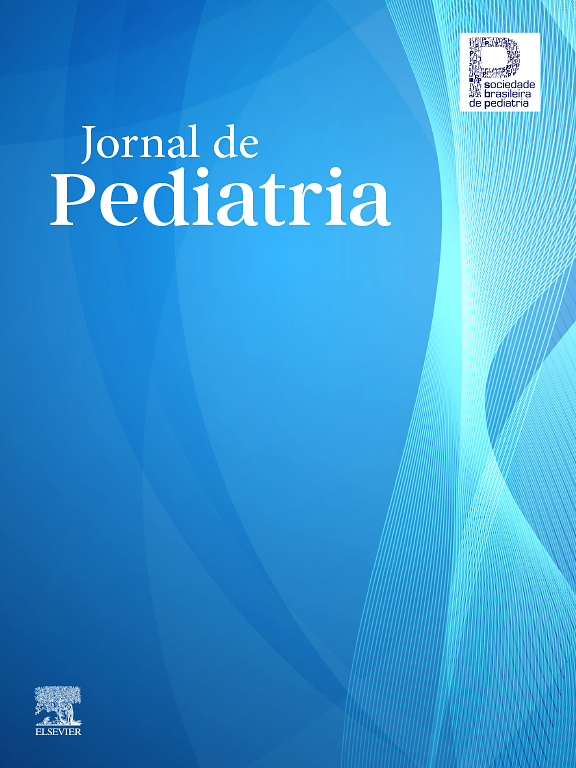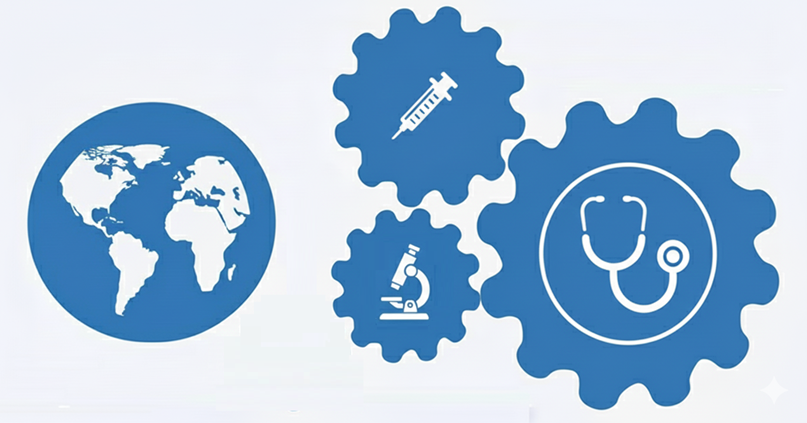Fluegge in his letter1 commented on our review about autism spectrum disorder (ASD) etiopathogenesis, underscoring the possible role of one air pollutant and greenhouse gas, nitrous oxide (N2O), well known as the laughing gas used in surgery for its analgesic and anesthetic properties.2 In 2006 Cohen considered the hypothesis of an involvement of N2O in ASD etiopathogenesis, observing that high amounts of N2O in the blood could explain the uncontrollable laughter and high pain threshold detected in some subjects with ASD.2 For some years this hypothesis was passed over in silence, while, especially in the United States (USA), many studies have been performed to investigate the possible association between various air pollutants and an increased risk of ASD. Data from these studies suggest the involvement of early exposure to several air pollutants (including ozone, nitric oxide, nitrogen dioxide, carbon monoxide, sulfur dioxide, diesel particulates, some heavy metals, aromatic solvents) in ASD etiopathogenesis. Recently, Fluegge has frequently mentioned the theory that the early exposure to N2O may increase the risk for neurodevelopmental disorders, including ASDs, and in one review he described in detail several possible etiopathogenetic mechanisms through which N2O may lead to neurodevelopmental disorders, including: dopaminergic dysregulation; N-methyl-D-aspartate (NMDA) receptor antagonism; kappa-opioid receptor (KOR) activation; and α7 cholinergic inhibition.3
We believe that any effort to better understand the etiopathogenesis of ASDs, and in particular the causes of their dramatically increasing prevalence observed in recent decades at least in the USA,4 is commendable. However, at present there is no study, neither retrospective nor prospective, involving human individuals to suggest an association between early exposure to N2O pollution and increased ASD risk. For this reason, in our review we have not mentioned N2O among the pollutants implicated in the ASD etiopathogenesis based on currently available data. Apart from that, we think that focusing on a single hypothetical pollutant in the research concerning ASD etiopathogenesis may be misleading. Considering the myriad of potential pollutants to which an individual is exposed from the early stages of intrauterine life, we believe it likely that not only one pollutant but rather a complex interaction between various pollutants may be the determining factor in increasing ASD risk through, for example, epigenetic mechanisms. In fact, in agreement with von Ehrenstein et al., we suggest considering the possibility that not single pollutants, but rather pollutant mixtures are involved in ASD etiopathogenesis, due to synergistic effects.5 However, based on the observations by Fluegge, we consider it recommendable to include N2O among the pollutants to be monitored in the future epidemiological studies concerning ASD risk factors.
In our opinion, the other considerations by Fluegge about the hypothetical differential dynamics in ASD prevalence between the USA and Europe1 are more questionable. As reported by Boilson et al., in Europe systematic and reliable data concerning the ASD prevalence are lacking,6 unlike in the USA where the Autism and Developmental Disabilities Monitoring Network system periodically provides estimates of the ASD prevalence among children.4 Therefore, nowadays a real comparison between the ASD prevalence dynamics in the USA and Europe during the last decades seems to be infeasible.
We feel the need to make one last remark: in his letter,1 Fluegge cites one of his own articles7 that, nonetheless, has been retracted.8 We believe that it is not an optimal choice to cite a retracted paper, although it reflects what that author thinks.
Conflicts of interestThe authors declare no conflicts of interest.
The authors would like to thank Cecilia Baroncini for English revision.
Please cite this article as: Posar A, Visconti P. Authors’ reply: “Autism in 2016: additional discovery”. J Pediatr (Rio J). 2017;93:309–10.










